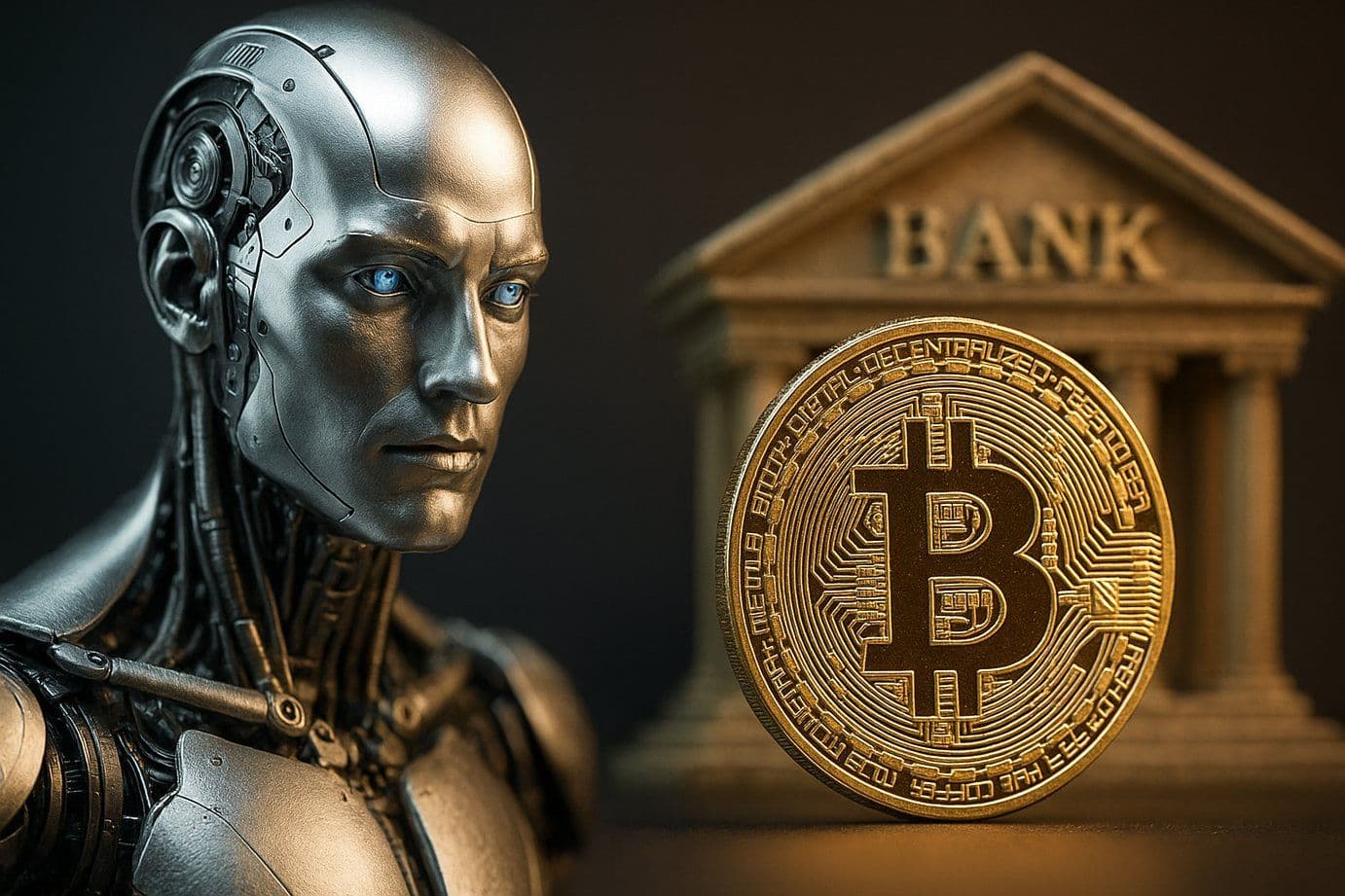The financial industry has been warned about disruption for over a decade, but a new combination of technologies may finally force its hand. Industry insiders argue that the convergence of artificial intelligence and Web3 infrastructure could dismantle the traditional banking model faster than any previous threat.
The Perfect Storm of AI and Web3
AI is rewriting how decisions are made in financial systems. From credit scoring to risk assessment, it offers real-time intelligence at scale. Web3, meanwhile, decentralizes ownership and enables peer-to-peer transactions without intermediaries. Combined, these forces could create a self-sustaining ecosystem where lending, investing, and payments operate autonomously — no banks required.
An executive from a European fintech accelerator recently remarked, “We’re no longer talking about whether banks will adopt blockchain. The bigger question is how long banks will survive when customers can access AI-driven services without them.”
How This Threatens the Banking Model
Disintermediation at Scale
Banks exist to manage trust, custody, and credit. Smart contracts and AI-powered identity verification now offer those same services with fewer errors and lower costs. If a decentralized platform can underwrite loans faster and cheaper than a bank, the rationale for going through legacy systems fades.
AI-Powered Wealth Management
Robo-advisors already compete with human wealth managers, but AI models integrated into Web3 wallets could recommend investments, rebalance portfolios, and even generate tax-optimized strategies on-chain. Users wouldn’t need to rely on a financial advisor or a private bank.
Global Payments Without Friction
Cross-border payments have long been the most profitable services for banks. Stablecoins, AI-optimized routing, and decentralized settlement could eliminate those margins, offering near-instant transactions at a fraction of the cost.
Early Signs of the Shift
Some of the clearest signals are coming from emerging markets. In Nigeria, Kenya, and Argentina, mobile-first users are adopting stablecoin and AI-driven remittance platforms as alternatives to local banking systems. These solutions combine on-chain transfers with AI-based fraud detection, reducing reliance on legacy banks.
Meanwhile, major fintech players in the U.S. and Europe are experimenting with tokenized deposits and AI-driven compliance systems. While banks are still involved, the momentum is shifting: infrastructure is being designed so it can function with or without them.
The Banks’ Countermove
Of course, the banking industry is not standing still. Global banks are testing AI-driven settlement engines and blockchain custody solutions. Some are even launching internal stablecoins for interbank settlements. Executives argue that their brand trust and regulatory licenses still give them an edge.
A London-based banking strategist was quoted at a recent industry forum: “Banks won’t disappear, but their role will shrink. If we don’t adapt, we risk becoming utilities instead of innovators.”
The Future: Symbiosis or Showdown?
Whether AI and Web3 spell the death of banking or a forced reinvention depends on adoption speed and regulatory response. If regulators allow decentralized finance platforms to scale with AI integration, banks could lose relevance rapidly. If rules tilt heavily toward licensed institutions, the change may come slower, with banks absorbing some of the innovation.
Still, the trend is clear: the monopoly banks once held on payments, lending, and investment advice is weakening. In its place, a new model is emerging — one where intelligence and infrastructure live in open networks, not behind marble pillars.
Final Thought
For centuries, banks have been gatekeepers of money. AI and Web3 are tearing down those gates. Whether banks reinvent themselves or fade into the background, the next chapter of finance is being written — not in boardrooms, but in code.

